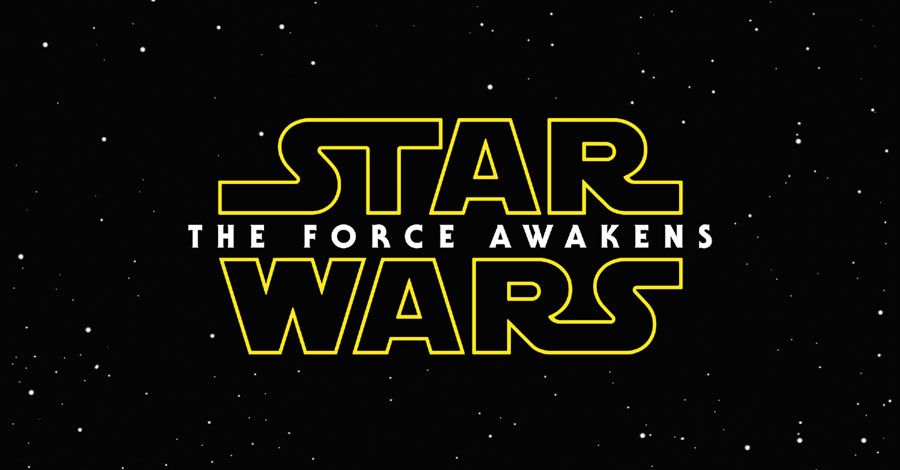"Star Wars: The Force Awakens" has arrived, and it's conquered the box office and the hearts of both critics and fans alike. With a 94 percent fresh rating on Rotten Tomatoes and more than $1.1 billion in box office revenue and climbing, the latest installment in the "Star Wars" saga appears to be almost universally beloved.
Almost. Following the initial wave of positive reactions, those who weren't quite as thrilled with the film have begun to make their voices heard in outlets including The Huffington Post and Vox.
In a nearly 20-minute video, YouTuber Nicholas Spargo expresses many of the complaints some viewers have had regarding "The Force Awakens." From the film's similarity to 1977's original "Star Wars" to its pacing, Spargo examines the idiosyncrasies in storytelling between the first "Star Wars" films and this latest chapter. He argies that the prequels -- while widely considered to be bad films -- at least tried something new, before posing questions that go unanswered in the film, including "How did the First Order come about?"; "How did Maz get Luke's lightsaber?"; and "Who are Rey's parents?". From there, he explains the series of coincidences that drive the plot, the impossibility of the Starkiller base, the sloppy development of the characters (including what he sees as Rey's role as a "Mary Sue") and more. It's worth pointing out that Spargo relies heavily on his personal tastes in the video, using phrases like "I would have liked..." or "They should have..." All the same, his viewpoint is shared by a sizable number of fans.
In the video, Spargo describes "The Force Awakens" as "almost like a movie pilot" -- but that's more of a reality of the film's structure than a negative. There was no telling how well the first "Star Wars" film would perform in 1977, but "The Force Awakens" was created with the knowledge that this is part of a beloved -- and highly lucrative -- franchise. When "The Force Awakens" was announced, it wasn't as a standalone film, but the first part of a new trilogy. As such, director J.J. Abrams and scribe Lawrence Kasdan went into the film knowing two others would follow; they were able to use foreshadowing to a greater degree than George Lucas could in the original movie. If everything was answered in this film, there would be no dangling hooks to draw the audience back when the as-yet-untitled "Episode VIII" rolls around in 2017. As such, "The Force Awakens'" foreshadowing and overarching questions for the upcoming installments seem more like an inevitability than a detraction.
Further, the world-building technique employed by Abrams and Kasdan in "The Force Awakens" has precedence in the "Star Wars" universe. For instance, "A New Hope" included references to the Clone Wars, a bounty on Han Solo's head and Vader's background as a Jedi and a fighter pilot; it also didn't spell out plot devices such as how the Empire came into power or why there's little presence of it on Tattooine. It seems Abrams and Kasdan made a conscious decision to make "The Force Awakens" an immersive experience, without an abundance of exposition. Rather than poking holes in "The Force Awakens," this allows the franchise room to grow.
Some of the questions he labels as problematic are answered through context clues. For example, Rey's use of Luke's lightsaber is based in her own experience fighting with a staff (shown in the first several minutes of the film) as well as her awakened Force powers. While connections like this are not spelled out in the film, several of Spargo's questions can be answered by drawing connections to the evidence provided throughout -- something Spargo either doesn't notice or fails to point out in his critique.
Much has been made regarding the similarities between "A New Hope" and "The Force Awakens," but this was clearly a deliberately move. Yes, in mirroring "A New Hope" so closely, Abrams and Kasdan chose a very safe route for the film. While this leads the film to fewer risks than its predecessors, Abrams and Kasdan likely wanted to prove they can bring the magic and joy back to the franchise after the disappointment of the pequels -- and, based on the majority of reactions, this worked for many fans. What's more, the final scene between Luke and Rey is something very different than any of the "Star Wars" films before it, which implies the franchise may yet take off in a bold new direction.

